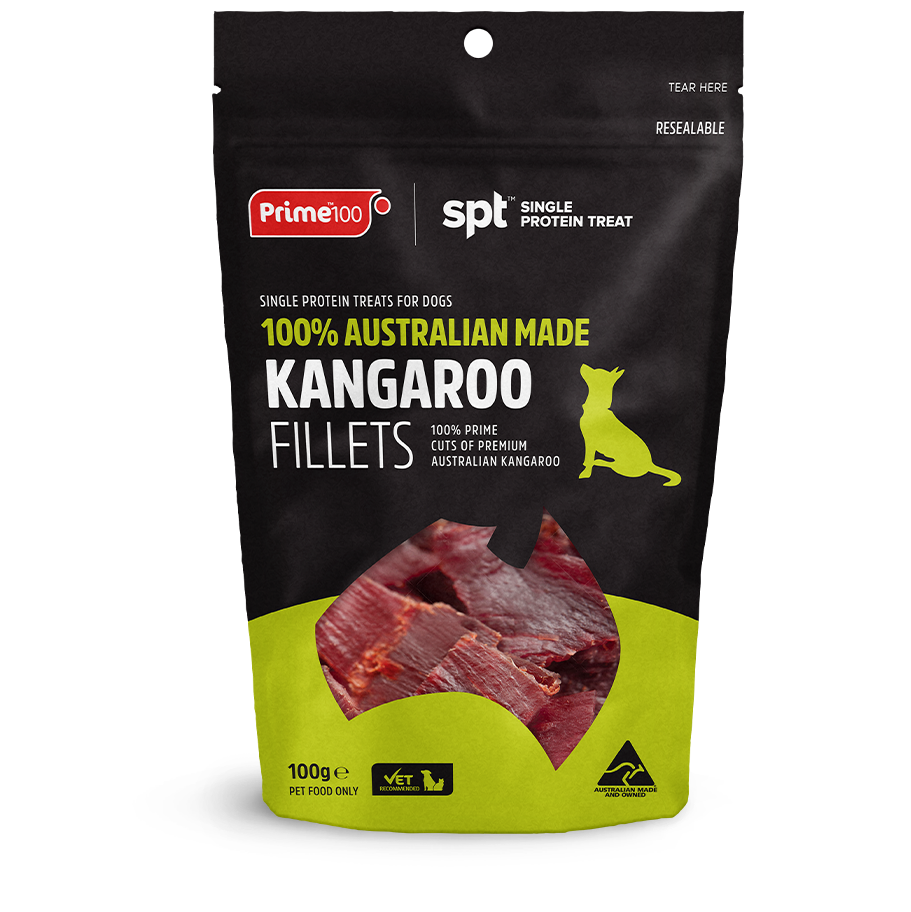As devoted pet owners, we want nothing but the best for our furry companions. A crucial aspect of their well-being is providing them with a balanced and nutritious diet. When it comes to selecting the right dog food, veterinarian recommendations are invaluable. Vet-recommended dog food is carefully formulated to meet the specific nutritional needs of dogs at different life stages and with various health conditions. In this comprehensive guide, we will explore the significance of vet-recommended dog food, its benefits for your canine friend, and how it contributes to their overall health, happiness, and longevity.
Understanding Vet-Recommended Dog Food
Vet-recommended dog food is a product of extensive research and expertise in animal nutrition. Veterinarians work closely with pet food manufacturers to develop recipes that prioritize the essential nutrients required by dogs to maintain optimal health. These formulas take into account factors such as a dog's age, size, breed, activity level, and any specific health concerns. Vet-recommended dog food provides a well-balanced blend of proteins, carbohydrates, fats, vitamins, and minerals, ensuring that your canine friend receives all the necessary nutrients for a healthy and happy life.
Meeting Canine Health Requirements
Every dog has unique health needs, and vet-recommended dog food addresses those requirements effectively. For example, senior dogs may benefit from formulas designed to support joint health and cognitive function. Puppies, on the other hand, need food with higher protein content to support growth and development. Dog food recommended by veterinarians is also tailored to address specific health conditions, such as allergies, digestive issues, and weight management, ensuring that your pet's nutritional needs are met.
High-Quality Ingredients
Vet-recommended dog food is known for using high-quality ingredients sourced from reputable suppliers. These formulas often contain real meat or fish as the primary protein source, which provides essential amino acids for muscle health. Additionally, they include whole grains, fruits, and vegetables to supply essential vitamins, minerals, and antioxidants for overall well-being.
Avoiding Fillers and Artificial Additives
Unlike some commercial dog foods, vet-recommended formulas avoid fillers and artificial additives that offer little nutritional value. These unnecessary ingredients can lead to digestive issues and obesity in dogs. Instead, vet-recommended dog food focuses on providing balanced and wholesome nutrition to support your pet's health and longevity.
Supporting Digestive Health
Many vet-recommended dog foods include prebiotics and probiotics, which promote a healthy digestive system. These beneficial bacteria aid in digestion, improve nutrient absorption, and strengthen the immune system. A healthy digestive tract plays a significant role in your dog's overall well-being, and vet-recommended dog food ensures that their gut health is prioritized.
Certified and Tested Formulas
Vet-recommended dog food often undergoes rigorous testing and quality control to ensure that it meets industry standards and is safe for canine consumption. These formulas are formulated by experts in animal nutrition and supported by scientific research to provide the best nutrition for your pet.
For More Info:-
dog shampoo for sensitive skin






Comments